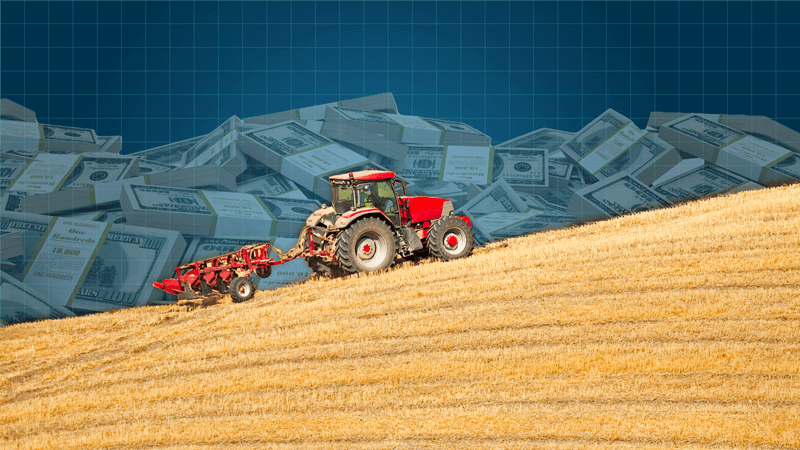When Belle Fourche, S.D., organic grain broker Kent Duane Anderson turned to fraud, he made millions of dollars and used the ill-gotten gains to establish a new life in Florida, replete with an $8 million yacht, a $2.4 million new home, $400,000 in jewelry, two new Range Rovers and a Maserati.
Over the roughly six years Anderson bought conventionally grown grain and fraudulently sold it as organic at a huge profit, he amassed about $71 million in proceeds from the ripoff that took place from 2012-2018, according to federal court documents.
Such high-profile fraud cases are significant not only for the enormous amount of money stolen, but also because they have damaged the credibility and integrity of the organic food industry, which relies largely on trust and accurate labeling to ensure consumers get what they pay for.
Anderson was sentenced in February 2021 to four years in federal prison and two years of probation following his release. According to the Federal Bureau of Prisons website, Anderson began his sentence on March 15, 2021, at the minimum-security Federal Prison Camp in Pensacola, Fla., and is scheduled for release on Oct. 26, 2024.
The court ordered Anderson to pay $150,000 to the government before sentencing and make $15.3 million in restitution to victims of his crimes, which is equivalent to the net profit he made off his organic-grain fraud scheme, court documents indicate.
[Editor’s note: Part I of this article can be found here]































